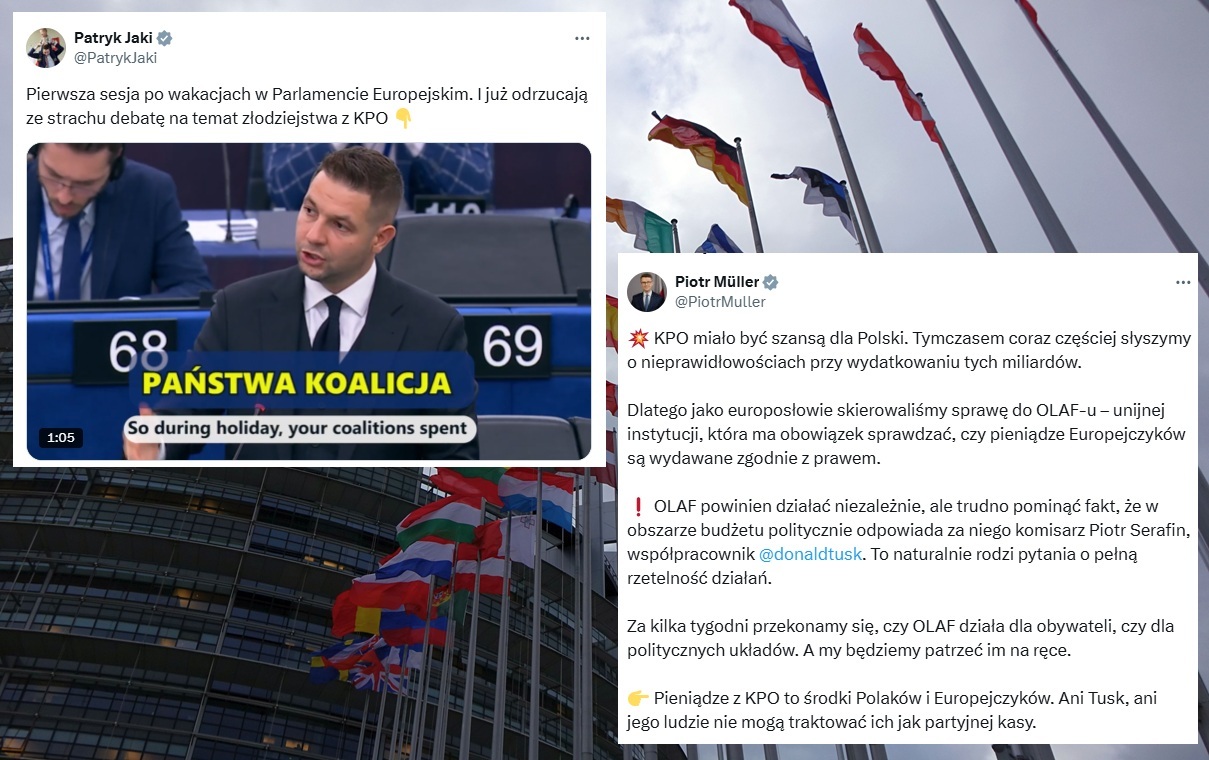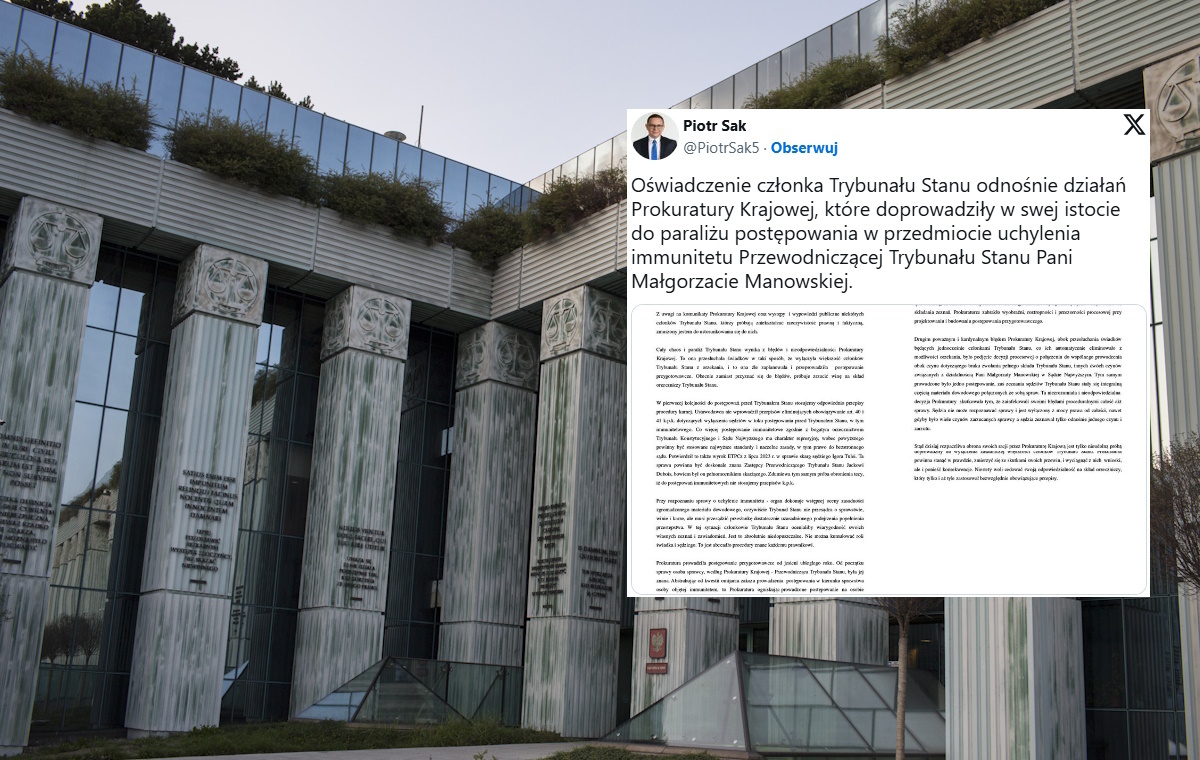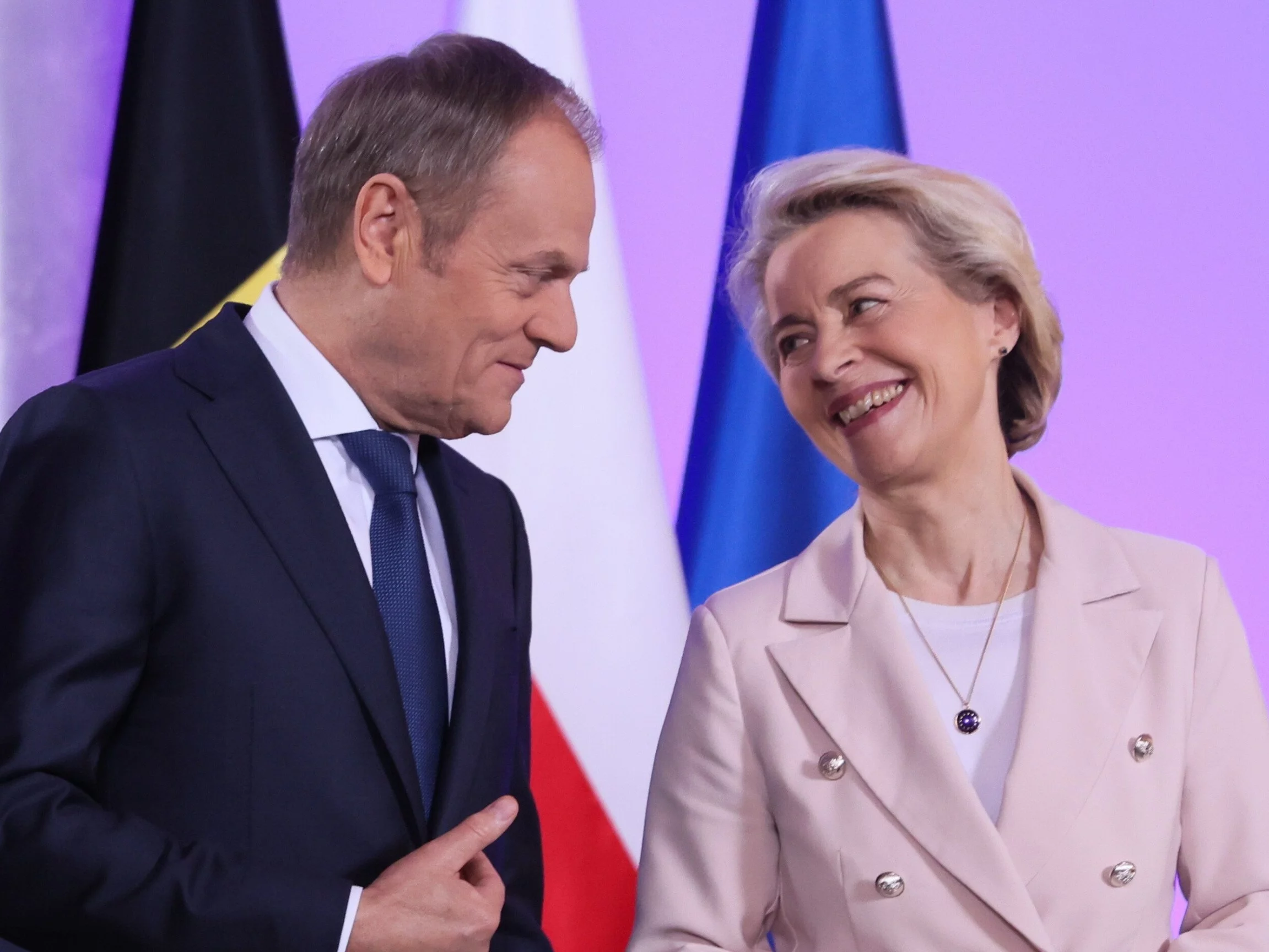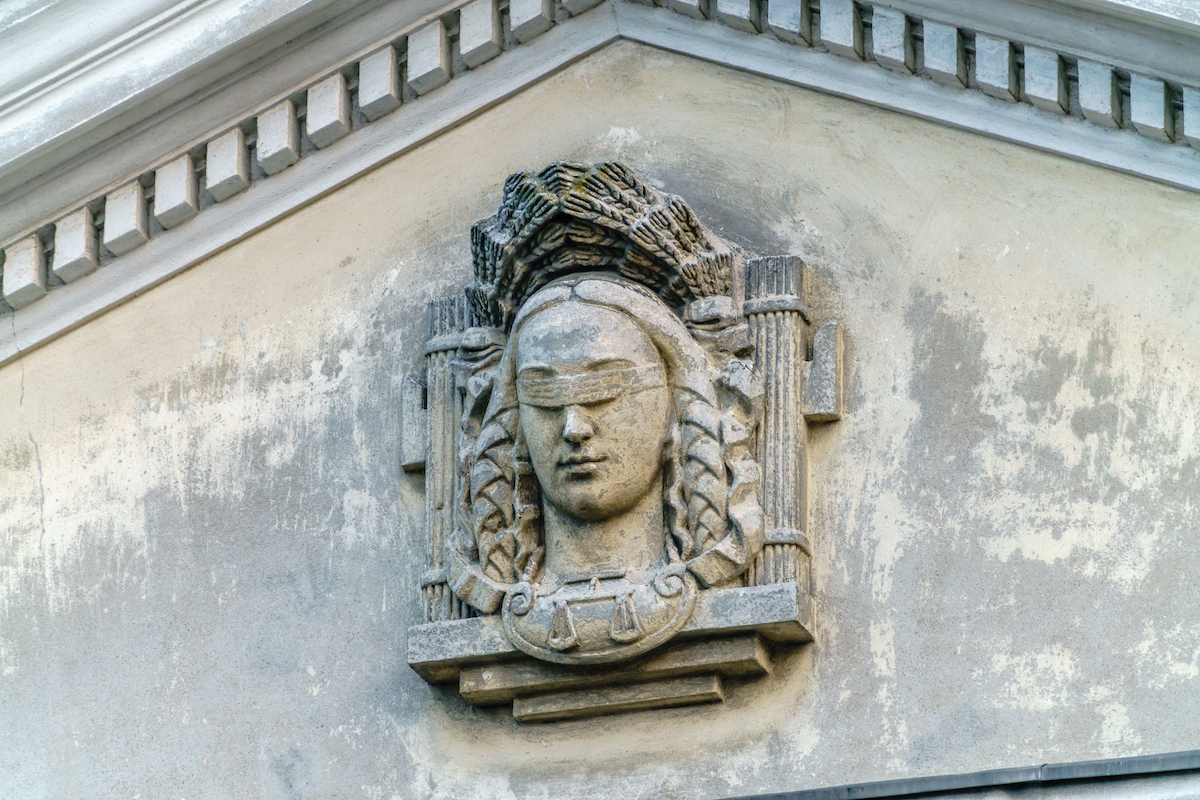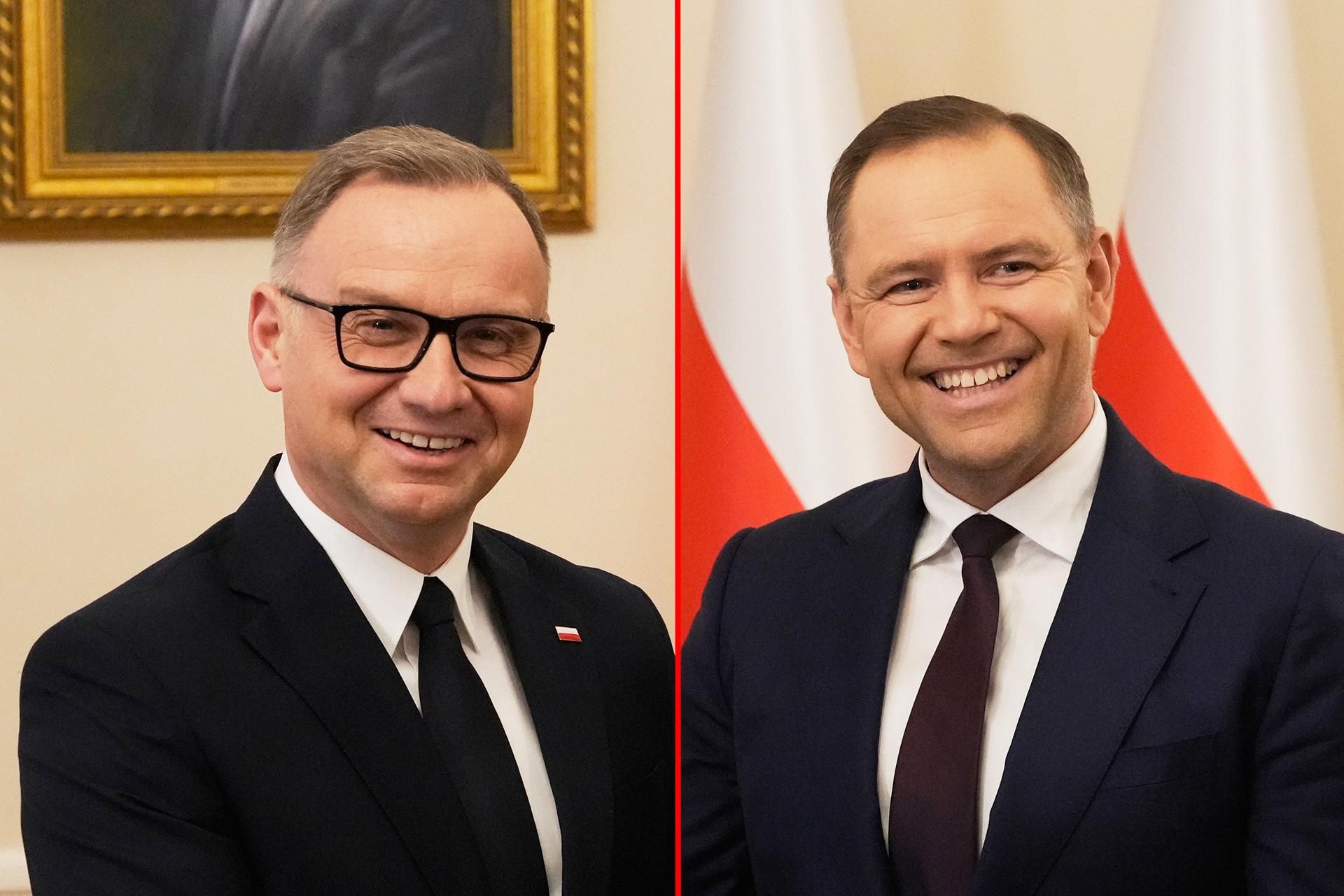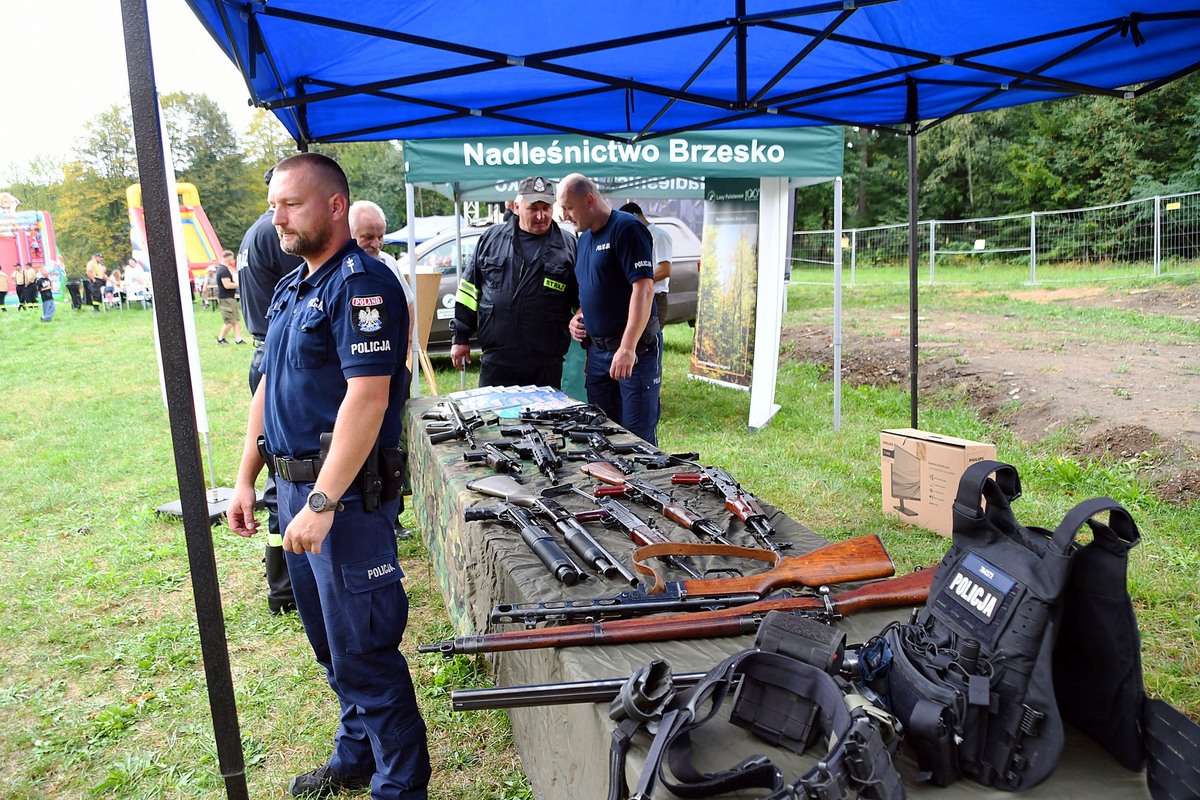- The most crucial change is the inadmissibility of carrying out and utilizing evidence obtained through a prohibited act.
Current wording and main allegations
Since 2016, the wording of Article 168a of the NCP provides that evidence cannot be considered inadmissible solely due to the fact that it has been obtained in violation of the law, unless this has been the consequence of an act prohibited by killing, intentional injury or imprisonment. In practice, this means a wide openness to the usage in criminal proceedings of evidence obtained illegally, e.g. through unauthorised wiretaps, unauthorised search or illegal monitoring.
As indicated in the explanatory memorandum to the draft law, this solution has been met from the outset with a broad criticism of doctrine and legal backgrounds that stress that it violates the fundamental procedural guarantees of the parties, undermines trust in the regulation of law and can even encourage law enforcement authorities to circumvent the rules.
In the light of the provision in force since 2016, both the Ombudsman and the National Judicial Council raised their doubts. The RPO alleged that Article 168a of the NCP was incompatible with, inter alia, Articles 2, 7, 31(3), 40, 42(2), 45(1), 47 and 51(2) and 4 of the Polish Constitution, stressing that the evidence obtained unlawfully could not be the basis of a fair trial. The KRS further pointed out that Article 32(1), Article 174 and Article 178(1) and (2) of the Constitution of the Republic of Poland had been breached by granting evidence to evidence obtained through a prohibited act.
The drafters recalled that the Constitutional Court was to regulation on the constitutionality of the provision under consideration (Cases K 27/16 and K 30/16, which were dealt with together in Case K 27/16), but there was no substantive settlement of the charges, which left the problem suspended. Consequently, Article 168a of the NCP continues to apply in its present form and constitutional doubts stay valid.
In justifying the project, the government acknowledged that the current regulation of Article 168a of the NCP is incompatible with constitutional standards for the protection of individual rights. At the same time, he stated that the proposed provision could not be treated as a dam for legitimate operational activities. behaviour in accordance with the rules, even if it leads to a threat or breach of the legal right, cannot be considered illegal.
The direction of the proposed changes is reflected in the wider tendency to strengthen procedural guarantees in Polish criminal law – so that the criminal trial is not only effective in detecting and punishing perpetrators, but besides fair and consistent with constitutional standards for the protection of individual rights.
Legislative phase
The task was aimed at the first reading.

